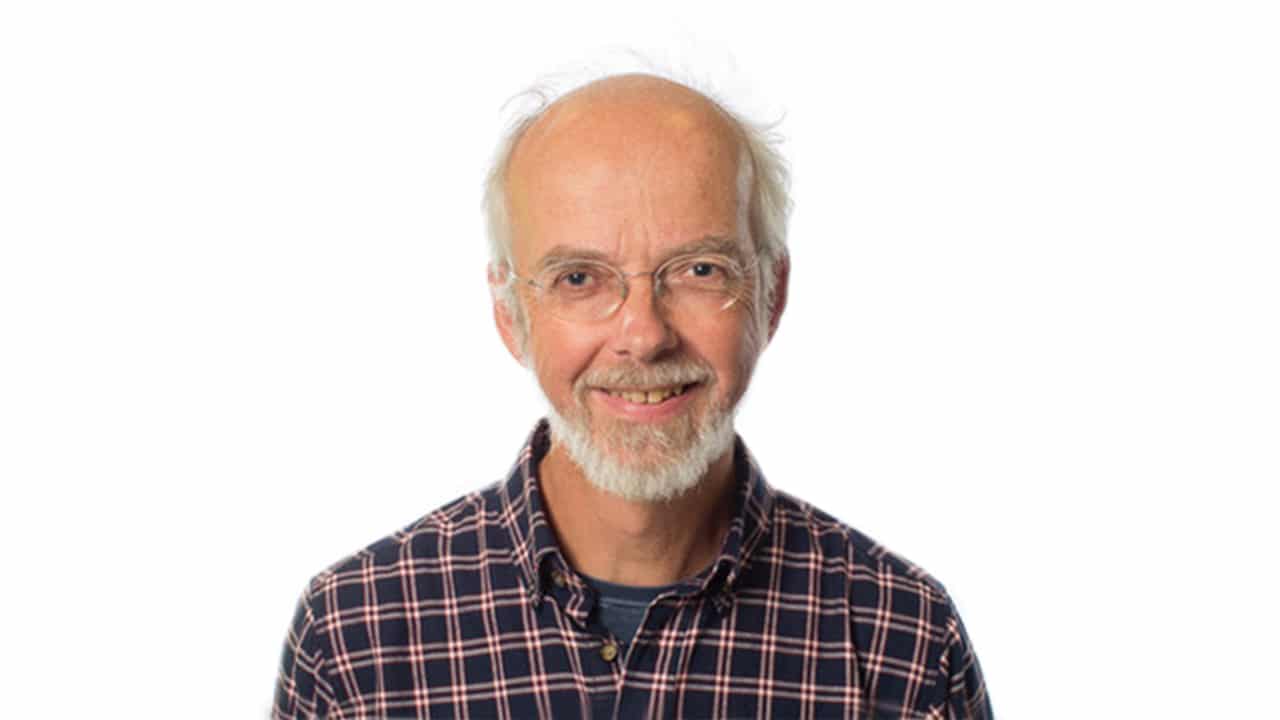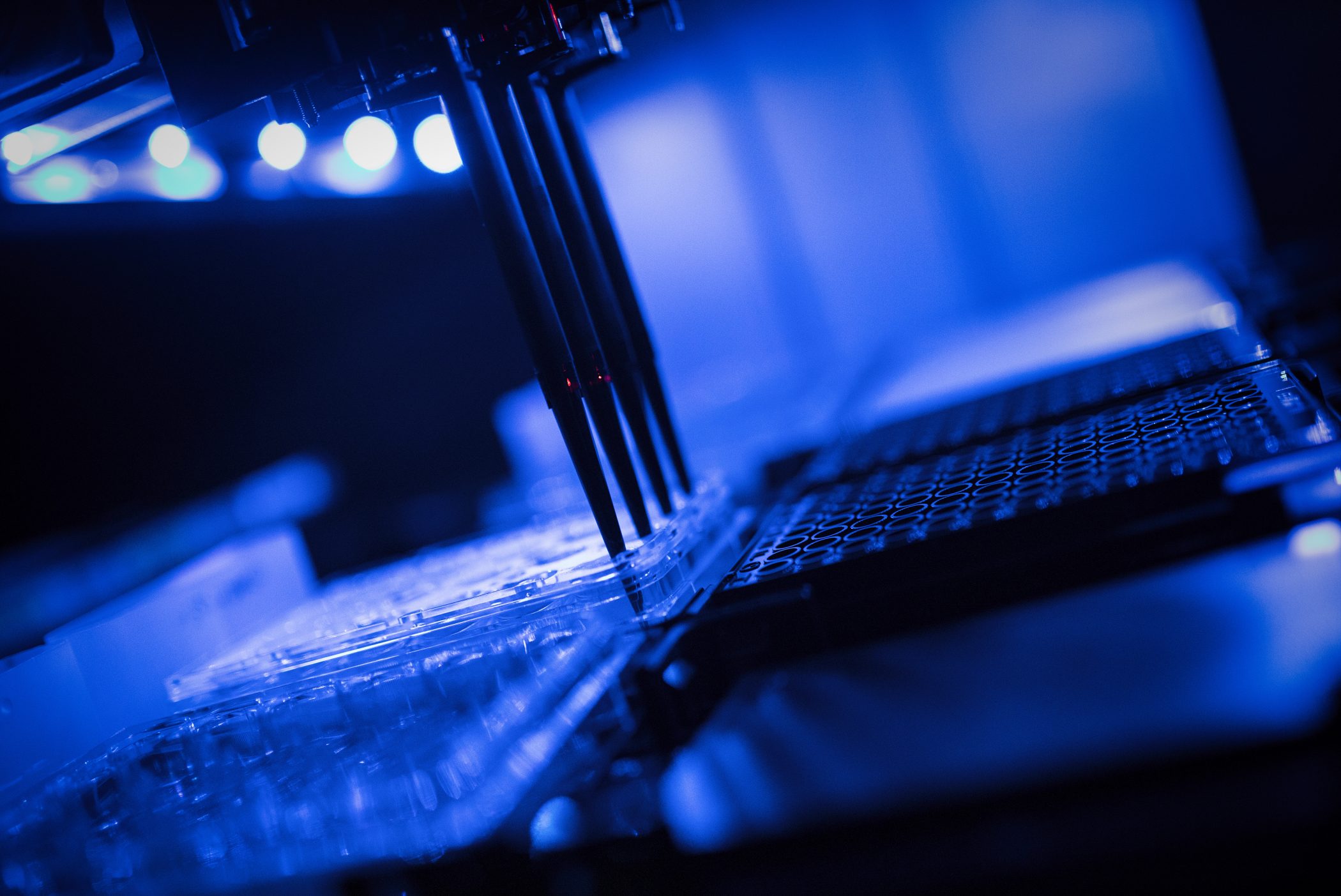Five SciLifeLab-led projects receive grants from the Swedish Research Council
Out of eleven winners, five SciLifeLab-led projects will receive grants from the Swedish Research Council (VR). In total, they will receive 36 350 000 SEK over the next four years to support the development of new methods for clinical research, AI-profiling of drug mechanisms, development of infrastructure, and the analysis of biodiversity.
Here we proudly present the five grant-winning SciLifeLab projects!
A Swedish Earth Biogenome Project platform: building a pipeline and proof of principle studies:
Researchers at SciLifeLab, Uppsala University and the Swedish Museum of Natural History successfully applied for funding to develop SciLifeLab’s genomics and bioinformatics platforms (NGI and NBIS) for large-scale analysis of biodiversity.
This grant will support researchers who want to sequence the genomes of any species, in order to study genetic variation, environmental adaptation and population structure in nature. The project is expected to strengthen the platforms so that users from companies and the public sector can benefit from them.
“We hope that these new resources at SciLifeLab will help many researchers to ask biologically important questions about biodiversity, which is particularly important now that climate change is profoundly affecting many wild species,” said Kerstin Lindblad- Toh, professor at Uppsala University, SciLifeLab and Broad Institute, and lead Applicant.
The project contains four different pilot projects, each focussed on different taxa that are important for Swedish nature. Each sub-project has a public or private sector partner to facilitate putting results into practice.
In total, this project has been granted a sum of 7 850 000 SEK over a period of four years.
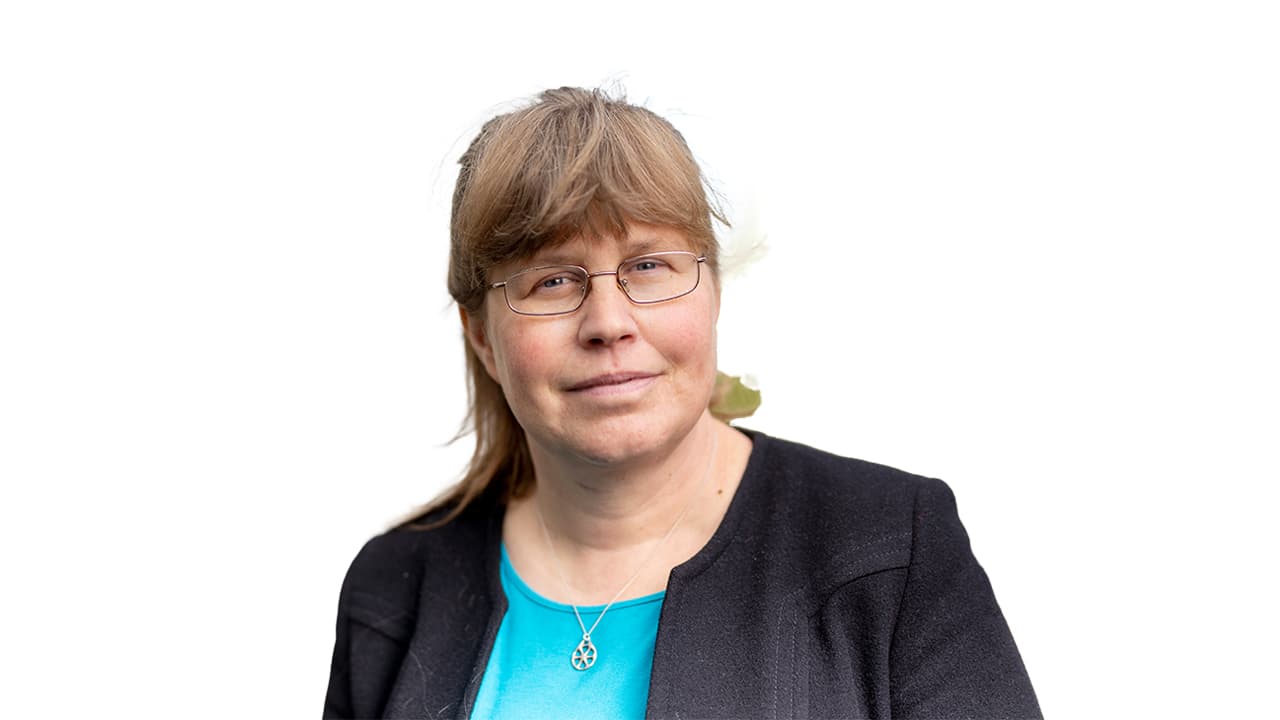
The BioSignature Imaging Platform – parallel assessment of single-cell morphology and transcriptional response for AI-driven profiling of drug mechanisms
The project group consists of researchers at SU (Nilsson), KTH (Lundberg) and KI (Crosetto & Bienko) as well as a constellation of SciLifeLab unit service (Cell profiling -KTH, in situ sequencing-SU, Advanced FISH Technologies-KI) which we call Targeted Spatial Omics (TSO) and which will be offered within the new Single Cell and Spatial Biology platform. The group also includes participants from Roche, Atlas Antibodies, Beactica, and Karolinska Hospital.
The purpose of the project is to strengthen the TSO service by:
1) Developing easily accessible spatial analysis methods for processing and interpreting TSO data.
2) Build probe libraries for in situ analysis, both “genome-wide” and more targeted for DNA, mRNA and proteins.
3) In collaboration with our industrial and clinical partners to prepare and adapt our service for clinical studies and drug development projects. 4) Disseminate knowledge about the new powerful technologies within TSO through international cooperation with other similar units and by organizing conferences, workshops and courses.
In total, this project has been granted a sum of 5 900 000 SEK over a period of four years.

Systems-level Immunomonitoring of children treated at Astrid Lindgren’s Children’s Hospital
Today there is a gap between the technological capabilities of academic labs, and the need for better characterization of diseases, as well as better treatment and monitoring of clinical outcomes of hospitalized patients towards a future of data-driven medicine. Not only with respect to genes, but also the functional state of organs and biological systems. Bridging that gap is the aim of this project.
“Patients treated for complex diseases are often challenging to interpret, care is multimodal and precision in diagnosis increasingly important. There is a push for more personalized treatments in advanced healthcare programs”, says Petter Brodin.
So far only a few trials have used data-driven medicine involving genomics in oncology and congenital disorders.
“But we need functional assessments to complement such genetic data and inform of the functional state of a given individual, its disease, and the effects of treatments administered”, says Petter Brodin. “Here we apply for the establishment of a testbed to bridge advanced technologies available at SciLifeLab with clinical programs at the Astrid Lindgren’s children’s hospital”, he continues.
“We focus on state-of-the-art immunomonitoring methods applied to pediatric oncology, rheumatology and immunodeficiency patients, to map their immune system states and effects of treatments.”
The interface is centered around sample collection and processing, their transfer to the lab, routines for rapid experimental analyses, and the reporting of results to clinical partners in real-time.
In total, this project has been granted a sum of 5 900 000 SEK over a period of four years.
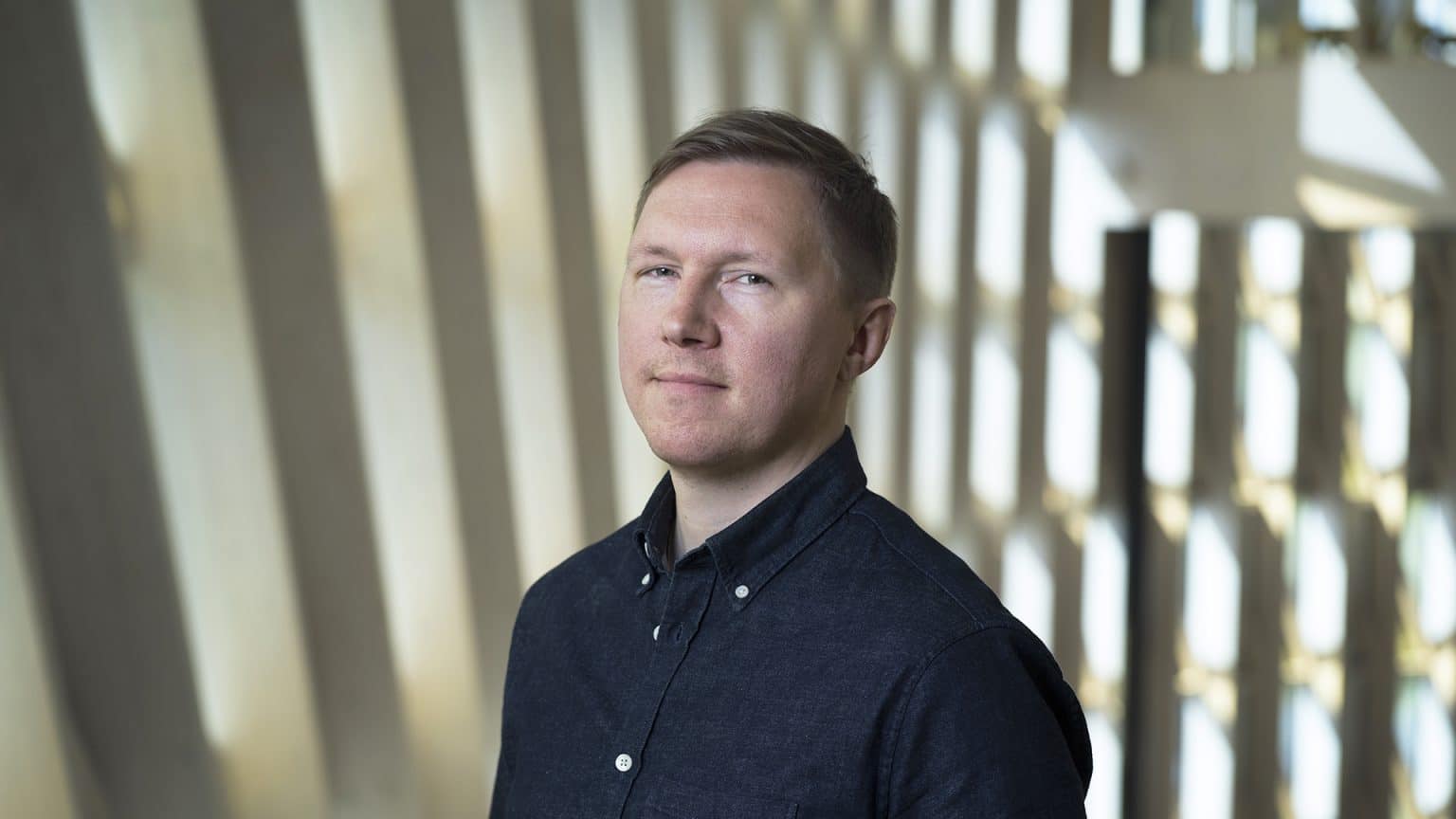
Research infrastructure Making infrastructure available 2020 (Swedish Research Council)
The aim for this project is to create a dedicated hub in life sciences, and to facilitate access to the infrastructures. Pro-actively raising awareness and increasing knowledge regarding the technologies and their synergies, as well as stimulating larger challenge-driven cross-sectorial collaborations.
“We got off to a great start in intensifying our collaboration between SciLifeLab, MAX IV and ESS, as well as LIF and SwedenBIO, during 2020 and in the course of planning for InfraLife”, says Sandra Falck, External Relations Officer at SciLifeLab and PI of InfraLife. “It is an engaged team with the joint vision to work for further increasing the value of Swedish Life Science in an international context! We are delighted for this funding allowing us to recruit the hands-on resources needed to carry out the planned activities and are all very eager to get started”, she finishes.
LIF and SwedenBIO are partners in InfraLife and serve as central links to the industrial life science community, with broad networks and deep insight into the needs and competences of their member enterprises. Also, SWElife and MedTech4Health have been active parties in discussing potential joint activities.
The InfraLife Hub will employ two research coordinators dedicated to the project and engaged in developing and executing planned activities. They will be integrated in the existing organizations of SciLifeLab External Relations Office (KTH) and MAX IV Industry Relations (LU), linking these closely together in this project.
In total, this project has been granted a sum of 8 850 000 SEK over a period of four years.
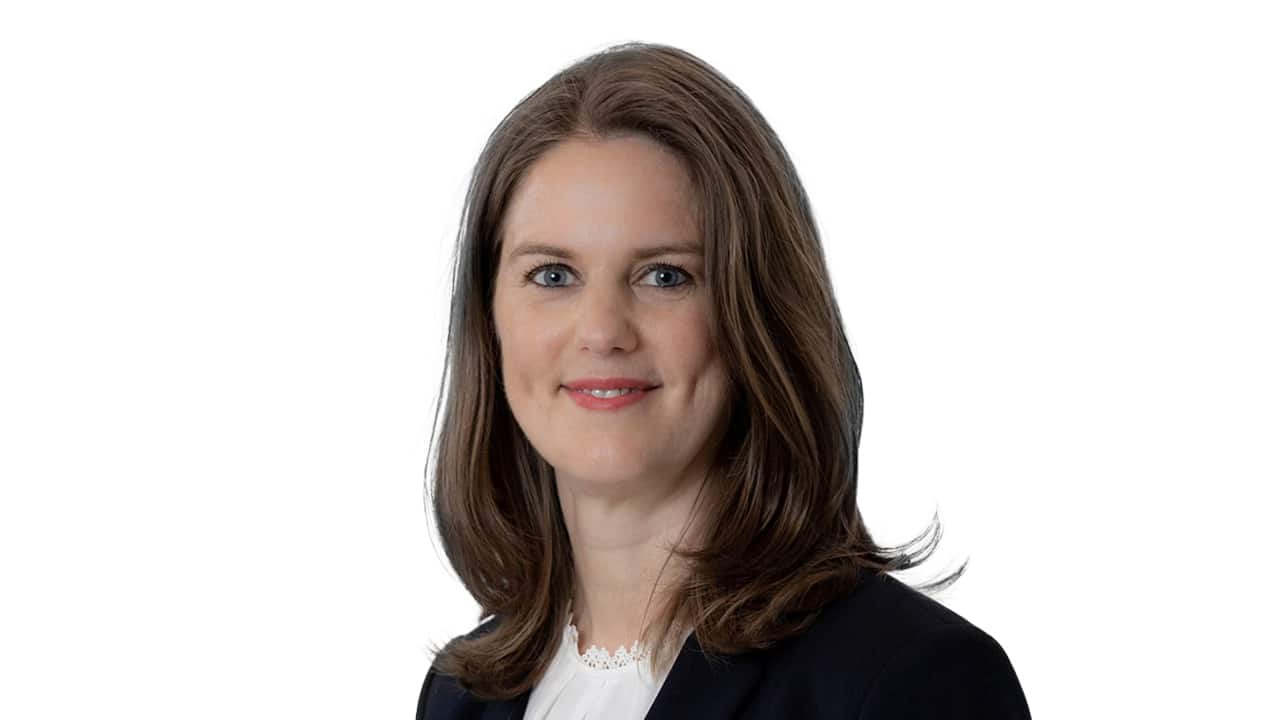
New technology for integrated multi-omics analysis using large-scale parallel sequencing
The analysis of multi-omics data is based on technologies that are difficult to integrate in a single analysis such as DNA, RNA, and protein data, which provides the basis of large-scale data-driven biology and medicine.
“In this project, we will develop a technology solution that enables simultaneous integrated multi-omics large-scale analyses using next-generation DNA sequencing (NGS) as a single read-out technology. The project is a collaboration between the National Genomics Infrastructure (NGI) and the Clinical Biomarkers Unit (CBF) at SciLifeLab and the Swedish biotechnology company Olink Proteomics AB”
The project includes three parts. The first one aims to establish Olink’s technology for multiplex protein analysis with an NGS readout as a service in NGI/CBF and make it available to researchers, health-care, and the business sector.
The second part is to develop methods for simultaneous large-scale analysis of protein, DNA, and RNA targets using a single read-out technology. This project combines NGI’s sequencing expertise and Olinks experience of multiplex protein analysis using PEA.
The last part is to design targeted multi-omics clinical assays combining the diagnosis of DNA mutations, RNA expression levels, and protein levels in a single NGS read-out. The project will result in technologies that revolutionize our ability to generate multi-omics data from biological samples, and thereby contribute to a more complete understanding of complex biological processes and our ability to deliver on the promise of personalized health-care.
In total, this project has been granted a sum of 7 850 000 SEK over a period of four years.
